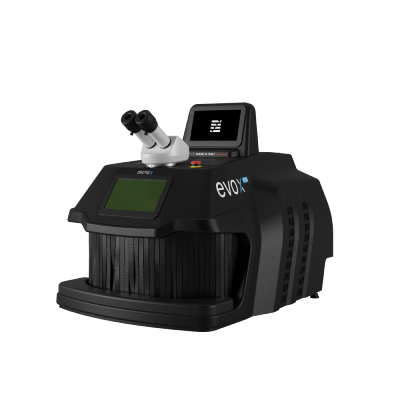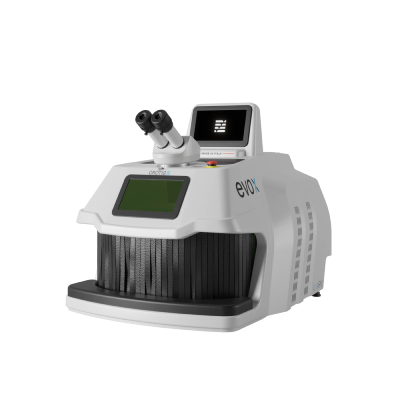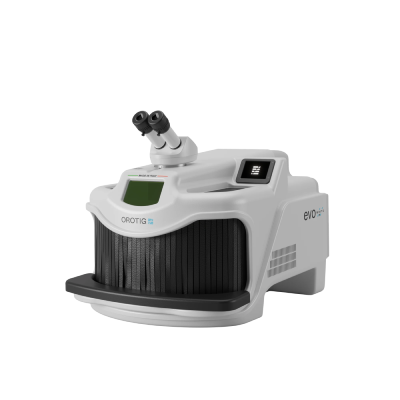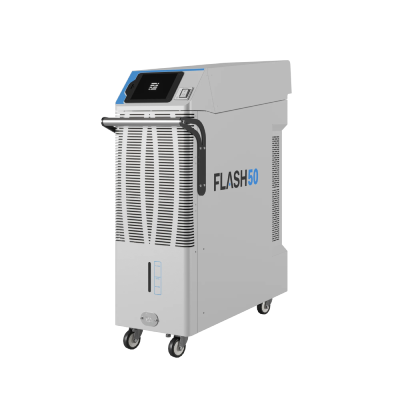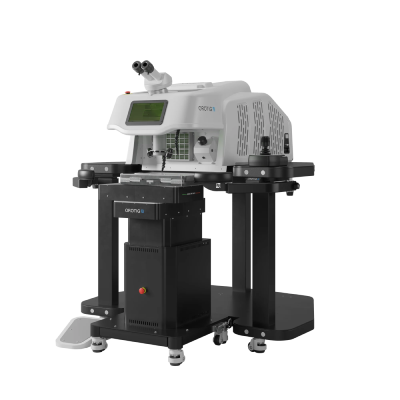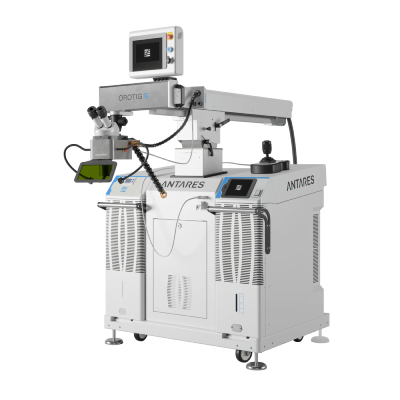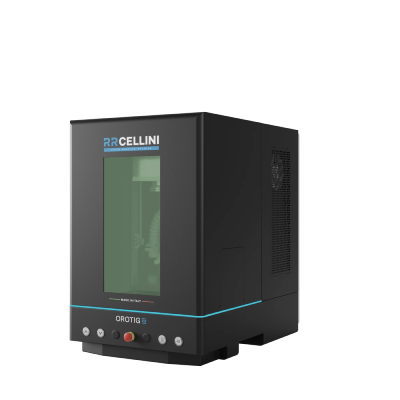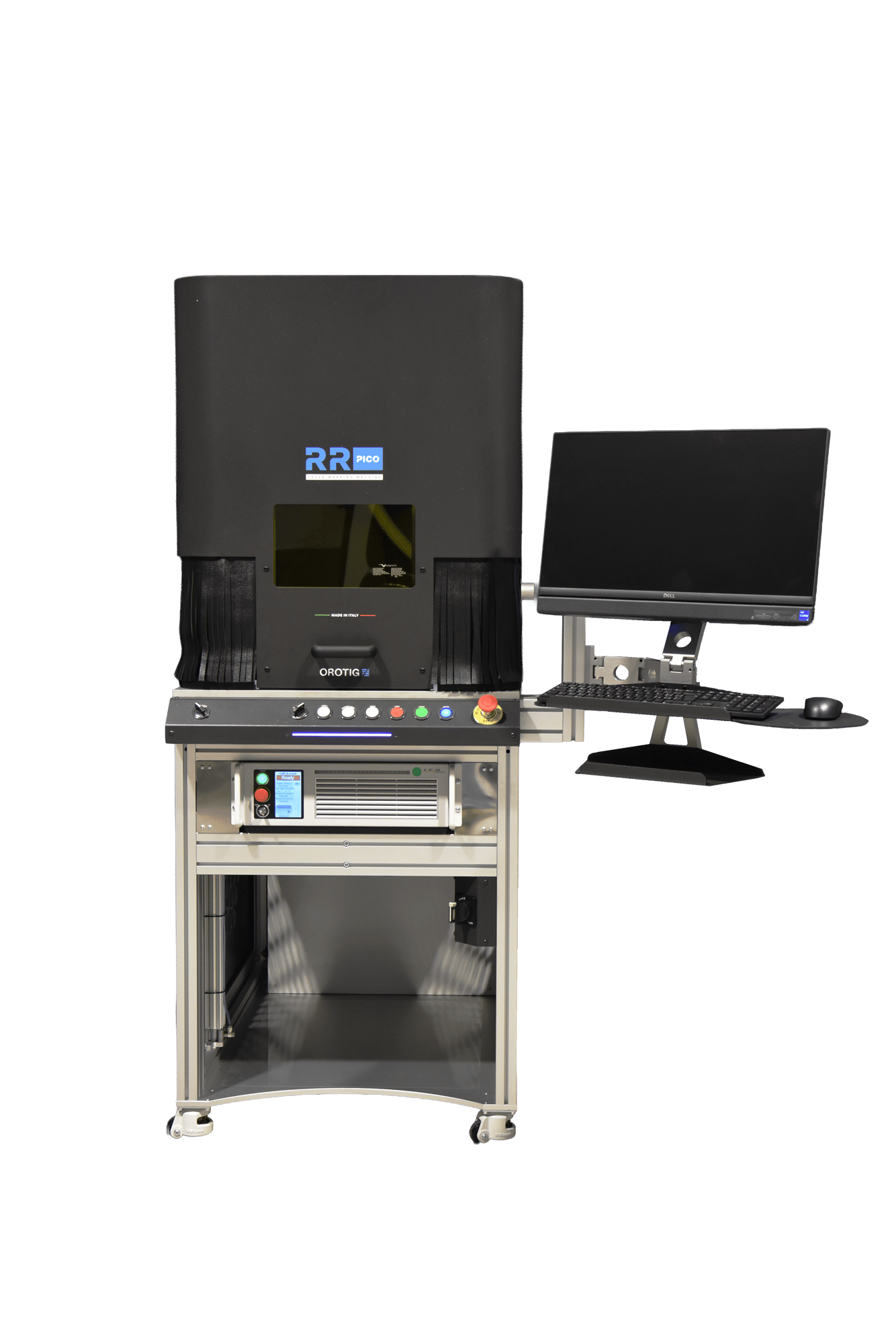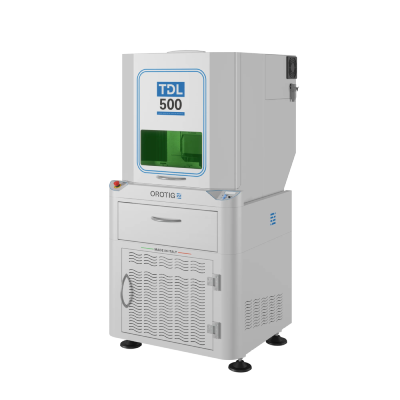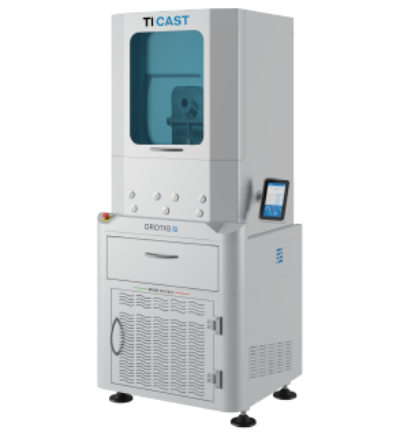COOKIE POLICY
TECHINCAL AND SESSION COOKIES POLICY
The rules governing the use of cookies and similar instruments (web beacon/web bug, clear GIF, etc.) in the new devices (personal computer, notebook, tablet pc, smartphone, etc.) has recently been changed as a result of the implementation of Directive 2009/136 which modified the Directive “E-Privacy” (2002/58/CE) and the measure "Identification of simplified procedures for the disclosure and acquisition of consent for the use of cookies - 8 May 2014".
Cookies are small files which are stored on a user's computer (usually in the browser) to be retransmitted to a website during the next visit by the same user. Cookies are used to perform user authentications, monitoring sessions, store information regarding users accessing the server. Usually there are several Cookies in the user’s browser.
Cookies used by this domain www.orotig.com
- Allow to browse efficiently every content of the site.
- Store the username and the preferences.
- Allow to avoid multiple data entry (for example username and password) while visiting the site.
- Measure the services usage by the user to optimize the browsing experience and the services.
- Show targeted advertising based on the interests and browsing habits while visiting the site.
These features are divided in two categories:
- Technical cookie
- Analytical cookie
The following describes the cookies used in the website www.orotig.com.
- Technical cookie
Necessary for the proper functioning of certain areas of the site, it contains persistent cookies and session cookies. In the absence of such cookie, the site or portions of the site may not work properly. Due to this fact it’s always used regardless of the user preferences.. - Analytical cookie
Analytical cookies are information about visitor behavior on a webpage or web application during a visit.
The owner of the website uses such information for analytical statistics, to improve and simplify the site and to monitor the proper functioning of the site.
This cookie type collects information about the user activity on www.orotig.com anonymously and in aggregated form.
These cookies are installed by the owner of the website and don’t require any express consent because used only for functional and analytical purposes (“cookie analytics”).
List of services used in www.orotig.com:
Google Analytics: for further information see Google Analytics privacy policy
HotJar: for further information see HotJar privacy policy
How to disable technical and analytical cookies?
It has already been said that these cookies don’t require any express consent. They could be turned off as explained in the following paragraphs, but please understand that if these cookies are turned off, you may not be able to view certain areas of this site.
Pursuant to Art. 12 et seq. G.D.P.R., you may prevent the saving of these cookies as follows.
The cookie settings can be controlled and modified from your browser “Preferences”.
Cookies are automatically accepted in most browsers; however, the user can adjust the settings to block cookies or to be notified when cookies are sent to his device.
There are several ways to manage cookies. Please make reference to the user guide or the “help” section of your browser to learn how to adjust the cookies settings.
The user is authorized to modify the standard settings and to block cookies by setting the higher protection level. Here the guidelines to manage cookies in the most common browsers: Each device to browse internet (computer, smartphone, tablet, etc.) has its own standard cookies settings. The user should refer to the user guide of each device to adjust cookies settings or to block cookies.
Internet Explorer - https://support.microsoft.com/it-it/help/17442/windows-internet-explorer-delete-manage-cookies
Safari - https://support.apple.com/kb/PH19219?locale=en_US&viewlocale=en_US
Chrome - https://support.google.com/chrome/answer/95647?hl=it-IT&hlrm=fr&hlrm=en
Firefox - http://support.mozilla.org/it-IT/kb/enable-and-disable-cookies-website-preferences
Manage ads settings
Opt-outs of interest-based advertising
Add-on to deactivate Google Analytics
(TECHNICAL ADVICES OF THE DATA PROTECTION AUTHORITY)
https://www.garanteprivacy.it/en/home_en
Cookie policy and consent to use cookies
Frequently Asked Questions
- What is a cookie?
Cookies are small, usually randomly encoded, text files that help your browser navigate through a website. The cookie file is generated by the site you're browsing and is accepted and processed by your computer's browser software. The cookie file is stored in your browser's folder or subfolder. Your browser accesses the cookie file again when you visit the website that created the cookie file. The browser uses the information stored in the cookie file to help ease your navigation of the website by letting you log in automatically or remembering settings you selected during your earlier visits to the website, among many other functions. - What good is a cookie?
Cookies have several purposes: execute user authentication, session monitoring, store information about specific user settings accessing the server, store preferences, etc. - What is a technical cookie?
Technical cookies are used to browse the web or to provide a service requested by the user. They aren’t used for any other purpose and are usually installed by the owner of the website.
Without technical cookies some tasks couldn’t be executed or could be more complex/less safe. They are necessary for procedures as home banking (view bank statement, wire transfer, pay bills, etc.) to keep the user identification during the session. - Are analytical cookies and technical cookies the same thing?
The Italian Data Protection Authority (cf. measure of 8th May 2014) pointed out that analytical cookies can be assimilated to technical cookies only if used to optimize the website. The owner of the website could collect information in aggregated form about the number of users and how they browse the site. In this condition, analytical and technical cookies follow the same rules about privacy policy and consent. - What is profiling cookie?
Profiling cookies are aimed at creating user profiles and are used to send advertising messages in line with the preferences shown by the user while browsing the web. - Is the user consent necessary to install cookies in his device?
It depends on the purpose of the cookie (technical or profiling cookies).
Technical cookies don’t require any consent but it’s necessary to inform the user (art. 13 of the cookie policy). Profiling cookies can be installed only upon acceptance by the user and after being informed about the privacy policy (simplified means). - In what way should the owner of the website provide the simplified privacy policy and ask the consent to install profiling cookies?
The disclosure must be set up on two levels, as established by the Italian Data Protection Authority in the measure pointed out at the question n. 4.
When the user visits a website (homepage or another section) must be immediately informed by a banner containing a short cookie policy, a button to accept or decline cookies and a link to read the complete cookies policy to get more detailed information about cookies and cookies authorization. - How should be the banner?
The banner should cover part of the visited website. Only the user can close it by clicking a specific button. - What information the banner should contain?
The banner should explain that the website uses profiling and third-party cookies to show advertisement in accordance with the user’s preferences.
It should contain a link to the extended disclosure and explain that it’s possible to deny the consent to install any cookie using that link.
It should point out that once the banner is closed the user consents the use of cookies. - How can be recorded the obtained consent through the banner?
The owner of the website can keep a record of the obtained consents with a specific non-invasive technical cookie which doesn’t require any consent.
Thanks to this specific technical cookie, it’s not necessary to show the short cookies policy during the next visits of the site. But the user can always change the cookies preferences, for example through the extended cookies policy, which should be easily found on every page of the website. - Is it possible to ask for the consent to use cookies only through the banner?
No. The Italian Data Protection Authority allows the owner of the website to use other procedures, as long as they meet all the legal requirements of the Italian law. - Is the banner required also for websites which use only technical cookies?
No, the owner of the website can inform about the use of cookies at his discretion, for example with a paragraph in the privacy policy. - What should contain the extended cookie policy?
It should contain all the elements required by law, an analytical description of the installed cookies with features and purposes and allowing the user to select/deselect every single cookie.
It should include the updated link to all policies and the third-party’s authorization form whom concluded an agreement with the website owner.
It should also inform the user about the cookies management on the browser in use. - Who is in charge to make the disclosure and request the consent to use cookies?
The owner of the website whom install profiling cookies.
Third parties are in charge to make the disclosure and request the consent for third-party cookies, but the owner of the website must include the updated links and the third-party consent forms in the extended cookie policy. - The use of cookies should be notified to the Data Protection Authority?
Profiling cookies are permanent cookies and must be notified. Other cookies with different purposes which is part of technical cookies category shall not be notified. - When the measures provided for the policy of 8th May 2014 adopted by the Data Protection Authority enter into force?
The Data Protection Authority established a transitional period of one year from the disclosure of the measure in the Official Gazette to permit to the relevant persons to comply. The transitional period ends on the 2nd June 2015.










